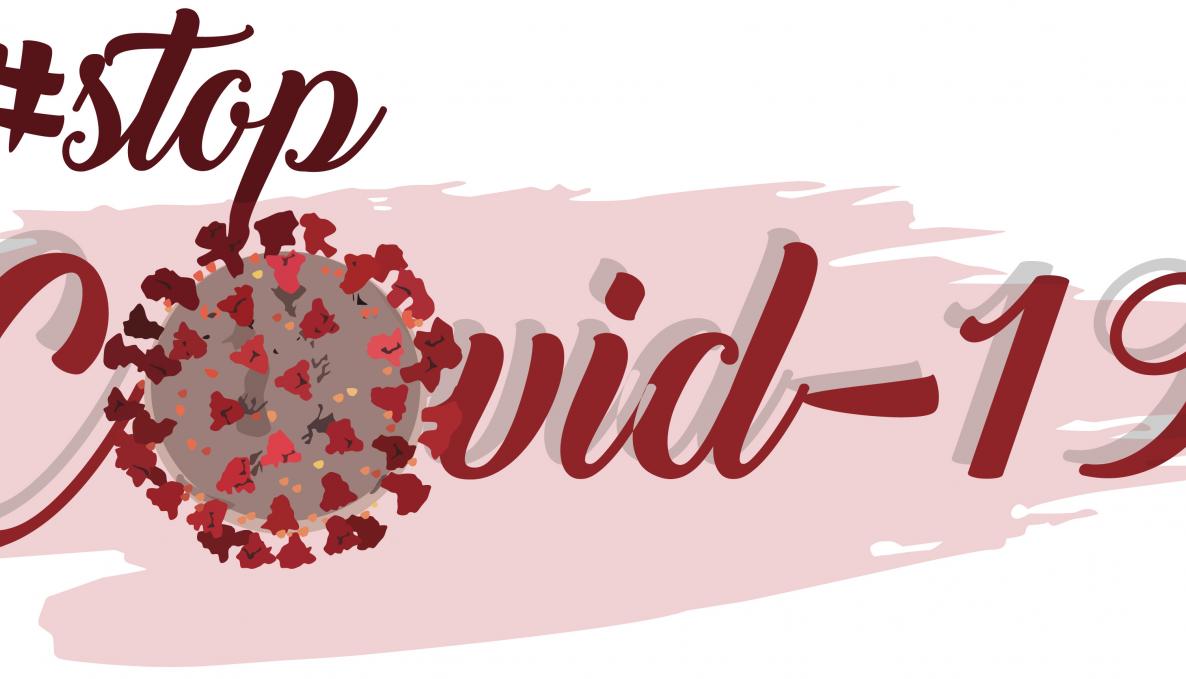The Bio[TECHNO]logy event will have to wait until fall: Medical Biotechnology students posted video instructions on social media about healthy hygiene behaviours and stop misinformation on Sars-CoV-2

The Biotechnology Event to discuss genetic engineering and vaccines has been rescheduled to September 30-October 1 in the best interest of the health and safety of our community, but the University of Pisa, Sant’Anna School and Scuola Normale Superiore students have created videos as part of their scientific activity in response to the health emergency to reinforce proper handwashing behavior as explained in the #gimme6challenge (the NHS and WHO published the six steps guidance for safe hand hygiene). In particular, thanks to their #stopcovid19, students used videos to raise awareness and share information from trusted sources.
The #stopcovid19 campaign was launched as a transitional phase before moving on to the next Biotechnology event stage but the process was made more meaningful, students translated their success into more challenging goals: enabling the whole community to make informed decisions and to take up health recommendations.
Now, it is time to take action. Videos can be a good way to stay social, promote physical distancing and to connect with people who are staying at home to protect themselves and others. Students of medical biotechnology are working to debunk misconceptions and misinformation shared on social media as we wait for vaccines and to remind us about things every individual can do to prevent Sars-CoV-2 transmission.
Medical students are fighting to control misinformation. They are calling on people to #gimme6challenge by remembering health measures effective at fighting infection in addition to asking people to #stopcovid19 by rejecting fake news and sharing information from trusted sources only. As everyone should keep informed and follow the recommendations of national and international authorities such as the WHO, NHS, medical journals and others, the campaigns launched reflect the need to take additional measures in order to ensure the health and safety of students and ultimately the whole Pisa community.



